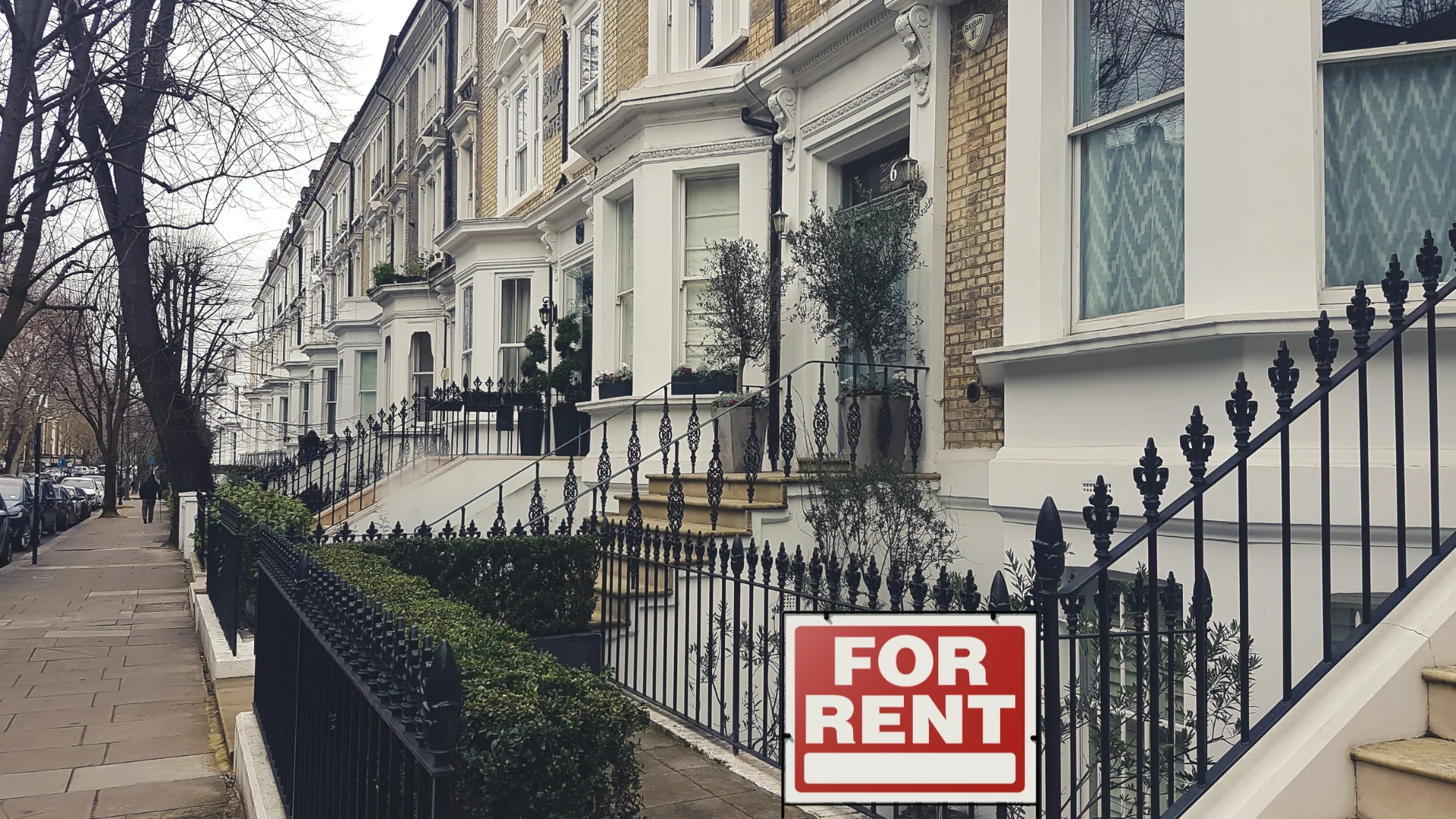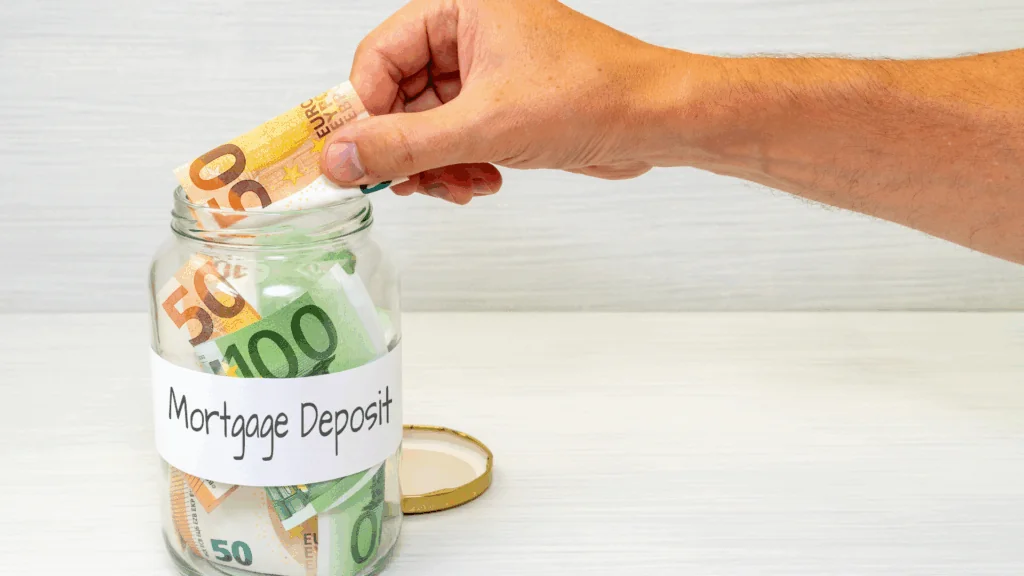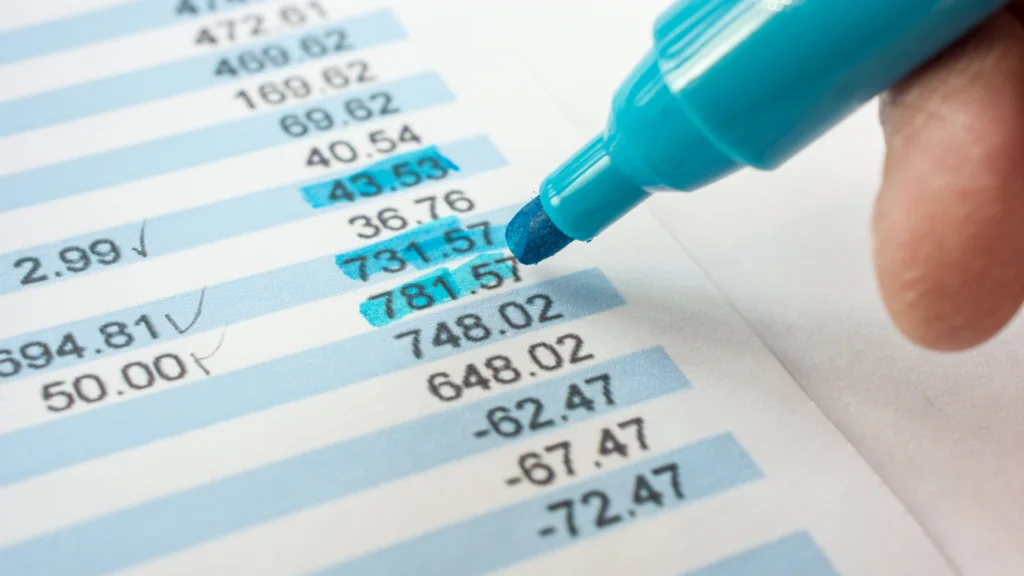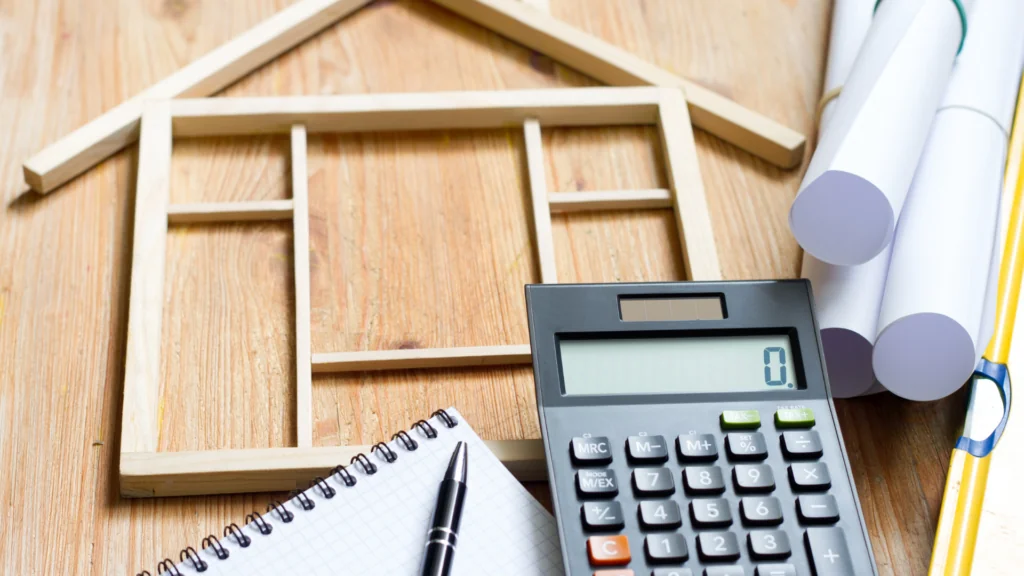Buy To Let Mortgage Deposit: What You Need To Know

Buy-to-let mortgages are special loans for buying properties that you want to rent out.
With this type of mortgage, you can invest in property, earn money from rent, and grow your property portfolio.
But, these mortgages often need a bigger deposit than regular home loans. This is because they are riskier for lenders, as the money you pay back mostly comes from the rent you receive.
So, lenders ask for a larger deposit to feel safer.
In this guide, we’ll explore all you need to know about the deposit needed for a buy-to-let mortgage to help you make informed choices.
How Much Deposit Do I Need For A Buy-To-Let Mortgage?
You should expect to need a minimum deposit of 25%. Some lenders might let you pay only 20%, but they will ask you to meet stricter criteria.
Deposits below 20% are quite unusual and have even tougher requirements. For the best mortgage deals, aim to save up to 40% if you can.
Lenders look at several factors when deciding how much deposit you need. One major factor is the loan-to-value (LTV) ratio they are willing to offer. This ratio compares the amount of your loan to the value of the property.
Generally, the highest LTV deals, which require smaller deposits, are more often available for previously owned houses.
In contrast, flats, maisonettes, and new builds usually need larger deposits. For instance, you may need at least a 25% deposit if you are buying a new flat.
What Counts As Deposit For Buy-To-Let Lenders?
A deposit for a mortgage is the chunk of money you pay upfront towards buying a house. For a buy-to-let mortgage, here’s what lenders usually accept as a deposit:
- Savings
- Equity (Mortgaging another property)
- Gift
- Sale of assets
- Inheritance
- Concessionary purchase
- Redundancy pay
- Builders deposit
- Unsecured loan
- Gifted deposit
- Loan from family
It’s crucial to show proof of where your deposit comes from. Lenders need to see this to make sure the money is legally yours.
This helps them ensure that all aspects of the mortgage are clear and above board.
Buy-to-let Mortgage With A Low Deposit
Getting a buy-to-let mortgage with a low deposit can be tough, but it’s not impossible. If you want to secure a mortgage like this, you need a strong application.
First, ensure the property you want to buy can bring in a good rental yield, ideally between 5-8%. This shows lenders that you can cover the mortgage payments with the rent you receive.
Most lenders will want to see your rental income to cover at least 125% of your mortgage payments.
You also need a good credit score. This tells lenders you are reliable and manage your money well.
Besides this, having enough income to cover the mortgage payments even without the rent is a big plus.
Lastly, you need to meet the lender’s age requirements, which usually means you need to be 21 or older.
If you tick all these boxes, you might just be able to get that buy-to-let mortgage with a smaller upfront payment.
How Deposit Affects Buy-To-Let Rates
The size of your deposit can really change the mortgage rates you get. Putting down a larger deposit usually gets you better interest rates.
This is great because it means you’ll pay less over time and your monthly payments can be lower. It also shows lenders that you’re less of a risk, which might open the door to more mortgage options.
But what if you can’t afford a big deposit right now? You might find that you’re offered higher interest rates and that fewer lenders are willing to give you a loan.
If this is your situation, don’t worry too much.
You have the option to remortgage to a better deal once your initial fixed deal ends. This could be a good time to look for a better rate.
You might get cheaper rates if your property’s value has increased or your financial situation has improved.
Key Takeaways
- You usually need a minimum 25% deposit for buy-to-let mortgages, but saving up to 40% can secure better deals.
- Lenders accept various sources for a deposit, such as savings, equity, gifts, or sale of assets, but you must prove the source.
- Securing a mortgage with a low deposit is challenging but possible with a good rental yield, strong credit score, sufficient income, and meeting age requirements.
- A larger deposit generally leads to lower interest rates and better mortgage terms.
The Bottom Line
Saving enough for a deposit is a key step in securing a buy-to-let mortgage. Typically, you need at least a 25% deposit, but more can secure better rates. Here are some quick tips to help you save for that deposit:
- Set a savings goal based on the property price you aim for.
- Cut back on expenses to boost your savings rate.
- Consider a savings account that offers good interest rates, helping your deposit grow faster.
A mortgage broker can be very helpful in this process. They can guide you through the options and help you find a mortgage that fits your financial situation. Brokers know about deals that aren’t always available directly from lenders.
Need a broker? Get in touch with us. We’ll connect you with a reliable mortgage broker who can simplify finding the right mortgage for you.
Get Matched With Your Dream Mortgage Advisor...

Frequently asked questions
What is the lowest deposit for a buy-to-let mortgage?
Buy-to-let mortgages typically require a minimum deposit of 15% of the property value. However, for the best interest rates and terms, lenders prefer at least 25%.
Deposits below 20% are uncommon and come with stricter requirements and higher interest rates, reflecting the greater risk for the lender.
Are there any BTL mortgages without needing a deposit?
Buy-to-let mortgages with no deposit are practically non-existent. Lenders require a deposit to minimise their risk.
This upfront payment shows you have “skin in the game” and can handle financial commitments.
Essentially, a no-deposit buy-to-let mortgage would be a 100% loan-to-value (LTV) option. These were common before the 2007-2008 financial crisis but are now rare, especially for investment properties.
This is because lenders rely on rental income to cover the mortgage payments, and this income can vary.
If you’re looking to keep initial costs low, you might need to look at other financial options or investment types.
Can I use the equity in my first home to cover the deposit of the Buy-to-let?
Yes, you can use the equity in your first home to cover the deposit for a buy-to-let property. This method is often called equity release.
Here’s how it works:
- First, work out how much equity you have in your home. This is the difference between your home’s value and any mortgage you still owe.
- Next, you can remortgage your home. This means you borrow against the equity to get some cash.
- You can use this cash as a deposit to buy your buy-to-let property.
Make sure you can manage the extra borrowing without overstretching your finances. You must show the lender that you can afford the new mortgage payments plus any other debts you have. It’s a good idea to talk to a mortgage advisor to make sure this is the right step for you.
How difficult is it to get a BTL mortgage as a first-time buyer with no income?
Getting a buy-to-let (BTL) mortgage without any income is very hard, especially if you’re buying for the first time.
Lenders usually want to see that you have income to make sure you can pay back the loan, especially if you don’t get rent regularly.
Being new to renting out property also makes it riskier for lenders. You might need to put down a bigger deposit and show that the rent you expect to get is a lot more than the mortgage payments.
Without regular income, it’s tough to get a BTL mortgage. You might find it helpful to talk to a mortgage broker to see what options you have.




